Glinil M
✅ Controls blood sugar
✅ Manages diabetes
✅ Enhances insulin sensitivity
✅ Reduces glucose levels
✅ Improves glycemic control
Glinil M contains Glibenclamide and Metformin.
Product Overview
Glinil M is a combination medication containing Glibenclamide and Metformin hydrochloride, formulated for the management of type 2 diabetes mellitus. This dual-action therapy addresses multiple aspects of glucose regulation: Glibenclamide, a sulfonylurea derivative, stimulates pancreatic insulin secretion while enhancing peripheral insulin sensitivity. Metformin, a biguanide, primarily inhibits hepatic gluconeogenesis and improves glucose uptake in peripheral tissues. The synergistic action of these components provides comprehensive glycemic control in patients inadequately managed by monotherapy or lifestyle modifications.
Therapeutic Indications
This medication is indicated for:
• Management of type 2 diabetes mellitus in adults and adolescents (≥12 years)
• Patients failing to achieve glycemic targets with monotherapy
• Cases requiring combined insulin secretagogue and insulin sensitizer therapy
• Individuals with demonstrated insulin resistance requiring hepatic glucose suppression
Administration Guidelines
1. Oral administration with meals (preferably morning and evening meals)
2. Tablet should be swallowed whole with adequate water
3. Dosage titration should follow:
– Initial: 1 tablet daily (composition dependent)
– Maintenance: Typically 2-3 divided doses daily
– Maximum: As prescribed by treating physician
4. Regular self-monitoring of blood glucose recommended
5. Concomitant dietary and exercise regimen essential
Mechanism of Action
Glibenclamide component:
• Binds to pancreatic β-cell SUR1 receptors
• Depolarizes cell membrane via KATP channel closure
• Calcium influx triggers insulin exocytosis
• Increases peripheral glucose utilization
Metformin component:
• Activates AMP-activated protein kinase (AMPK)
• Suppresses hepatic gluconeogenesis
• Enhances insulin-mediated glucose uptake
• May delay intestinal glucose absorption
Dosage Protocol
| Patient Profile | Initial Dose | Titration | Max Daily Dose |
|---|---|---|---|
| Newly diagnosed | 1×2.5/500mg OD | Weekly increments | 4×2.5/500mg |
| Elderly (>65y) | 0.5×standard dose | Biweekly adjustment | 2×standard dose |
| Renal impairment | Contraindicated if eGFR<30 | Quarterly monitoring | As tolerated |
Therapeutic Advantages
• Dual-pathway glycemic control
• Reduced insulin resistance
• Potential cardiovascular benefits
• Lower hypoglycemia risk vs sulfonylurea monotherapy
• Weight-neutral profile (vs insulin secretagogues alone)
• Cost-effective combination therapy
Adverse Effects
Common (≥1%):
• Gastrointestinal: Nausea (12%), diarrhea (9%), metallic taste (5%)
• Metabolic: Mild hypoglycemia (7%)
• Neurological: Headache (3%)
Serious (<1%):
• Lactic acidosis (monitor renal function)
• Hepatotoxicity (baseline LFTs recommended)
• Hemolytic anemia in G6PD deficiency
• Photosensitivity reactions
Important Precautions
• Contraindicated in:
– Type 1 diabetes
– Diabetic ketoacidosis
– Severe hepatic impairment
– Pregnancy (Category C)
• Caution required with:
– Iodinated contrast procedures
– Acute febrile illnesses
– Alcohol consumption
– Elderly patients
• Drug interactions notable with:
– Beta-blockers
– NSAIDs
– Corticosteroids
– Thiazide diuretics
Storage Conditions
• Temperature: 15-30°C
• Humidity: <75% RH
• Light protection: Required
• Shelf life: 24 months from manufacture
• Packaging: Keep in original blister
• Disposal: Follow local pharmaceutical waste guidelines
Medical Disclaimer
The information provided herein represents current pharmacological knowledge but does not constitute medical advice. Therapeutic decisions should be based on:
1. Individual patient assessment
2. Comprehensive risk-benefit analysis
3. Ongoing clinical monitoring
4. Professional judgment of qualified healthcare providers
Patients are advised to:
• Maintain regular physician consultations
• Report any adverse effects promptly
• Not discontinue therapy without medical supervision
• Understand potential signs of hypoglycemia/hyperglycemia
This content is intended to supplement, not replace, professional medical guidance. Product information may be updated periodically – refer to latest prescribing information for current recommendations.
| Strength | 30 Tablet/s, 60 Tablet/s, 90 Tablet/s, 180 Tablet/s |
|---|
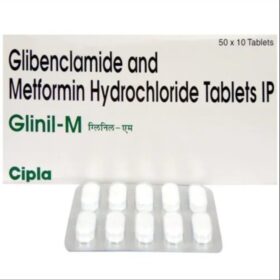 Glinil M
Glinil M









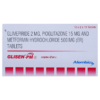
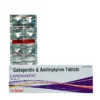
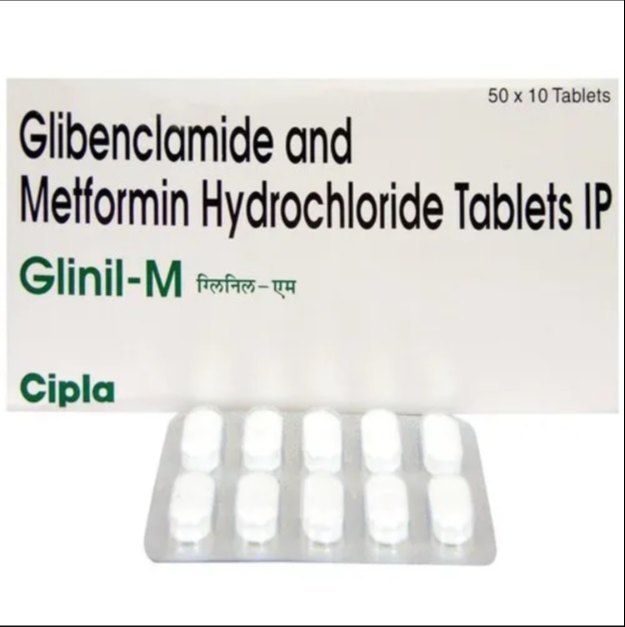
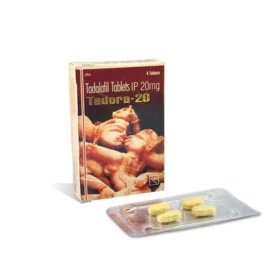
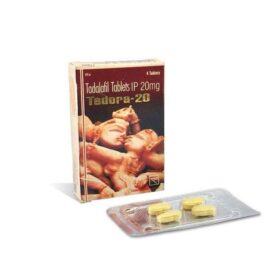
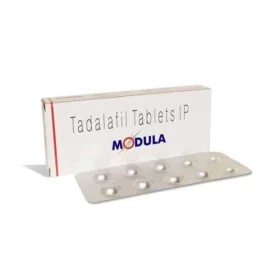
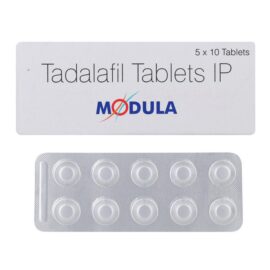
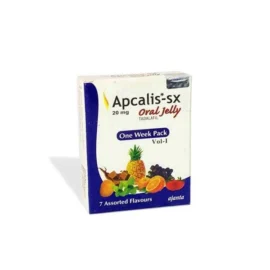
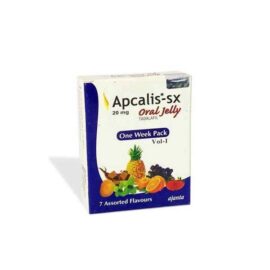
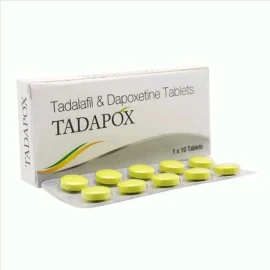
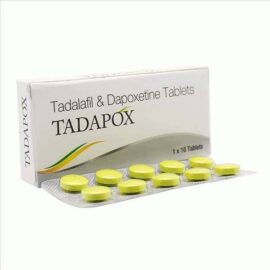
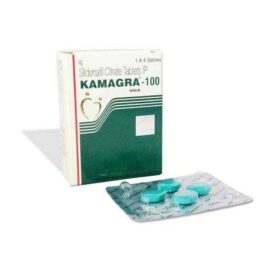
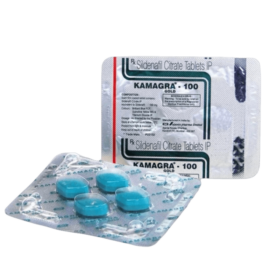


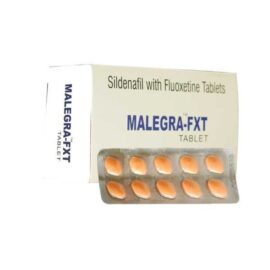
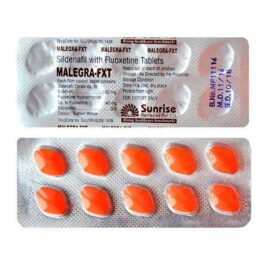
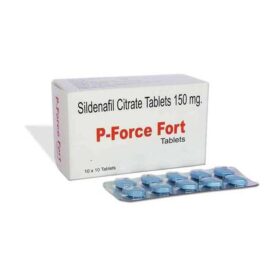
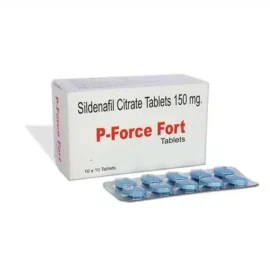

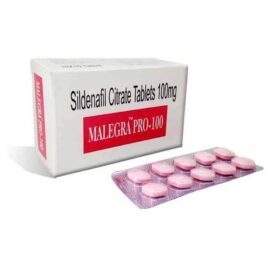
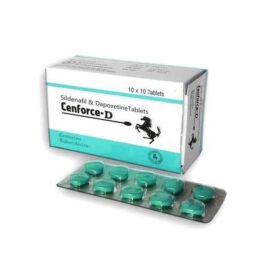
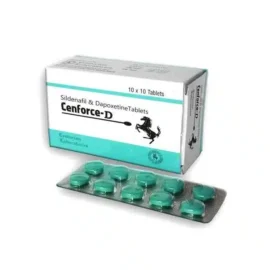
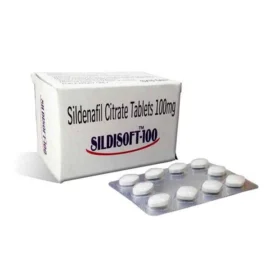
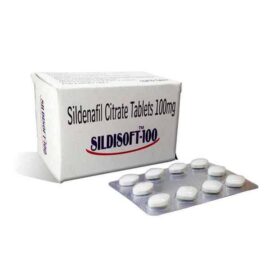
Reviews
There are no reviews yet